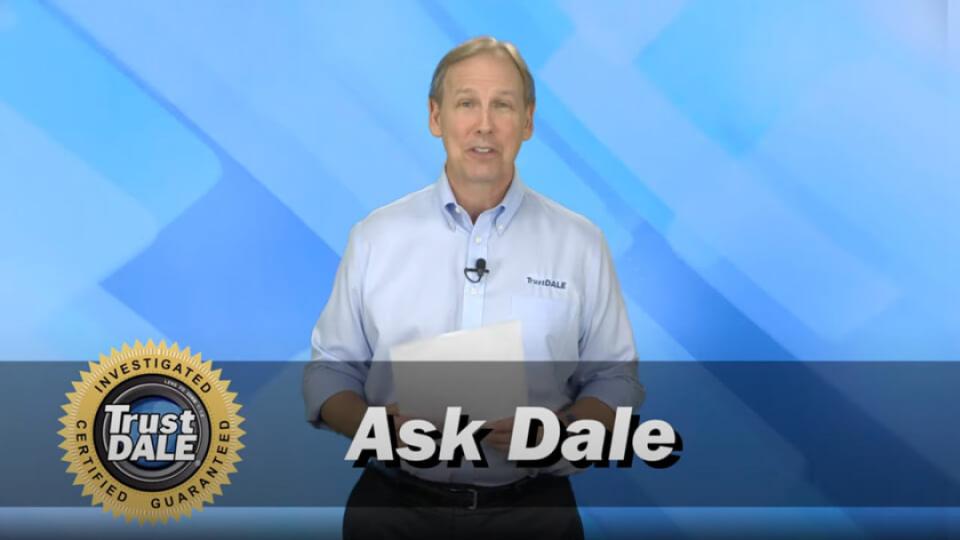Zillow, the prominent real estate website, offers consumers an intriguing feature called Zestimates. These proprietary estimates provide an indication of a home's market value, based on a mix of public and private data sources. However, the burning question remains: Are Zestimates accurate?
Zillow acknowledges that while its zestimates may not align precisely with the actual sale prices, the company firmly believes that its estimates generally hold true. Nevertheless, it's important to recognize that these estimates have limitations. Zillow doesn't have the ability to see inside a home to assess the latest upgrades or renovations. For a comprehensive and thoroughly researched appraisal, it is advisable to hire a licensed appraiser.
Accuracy of Zestimates
Zillow maintains that their zestimates are reliable, leveraging robust algorithms to generate estimates based on available information. They assert that, on average, zestimates are within a reasonable range of the actual market value. However, real estate experts offer a different perspective, highlighting variances between Zestimates and final sale prices.
Various factors can impact the accuracy of Zestimates. One such factor is the availability and accuracy of property data. Zillow relies on public and private information, and any deficiencies or outdated data can affect the estimates. Additionally, unique property features can pose challenges in capturing accurate valuations. Any renovations, upgrades, or distinct attributes that improve a property's value may not be adequately reflected in a Zestimate.
Zestimates Versus Licensed Appraisals
Zillow preemptively acknowledges the limitations of Zestimates, encouraging users to seek professional help for accurate valuations. Licensed appraisers play a crucial role in determining property values. With their expertise and qualifications, appraisers conduct a thorough analysis of various factors beyond what online estimates can provide.
In the world of real estate, Zestimates hold significance for both buyers and sellers. Zestimates can serve as a starting point for negotiations, influencing listing prices and buyer offers. However, it is essential to recognize that professional appraisals offer a more detailed and accurate assessment.
Alternatives to Zillow's Zestimates
Besides Zillow, there are alternative online estimation tools available. These platforms offer similar functionalities, each with their own unique features and benefits. However, to obtain precise valuations, engaging a licensed appraiser is paramount.
It is important to understand the limitations of online estimates. Incomplete property data can lead to inaccuracies in the valuation process. Missing crucial details can affect the reliability and trustworthiness of online estimates. Additionally, market fluctuations and local factors can significantly impact property values. Capturing real-time market changes is a persistent challenge for online estimating tools.
In navigating the home valuation process, educating consumers is key. Understanding the advantages and limitations of Zestimates can help make more informed decisions. Collaborating with real estate professionals, such as appraisers and agents, can also provide valuable insights. Leveraging their expertise ensures accuracy and precision in determining a property's true value.
In conclusion, while Zillow's Zestimates offer an interesting starting point, their accuracy should be taken with caution. Recognizing the limitations and seeking professional assistance from licensed appraisers can provide a more reliable and comprehensive appraisal that goes beyond any online estimate.

